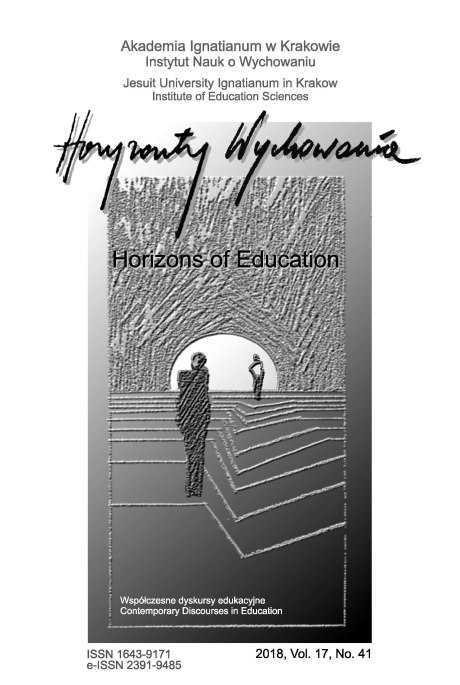Reakcje przystosowawcze a wsparcie społeczne osób z niepełnosprawnością ruchową o różnych typach temporalnej satysfakcji
Coping Strategies and Social Inclusion of Physically Disabled Individuals with Different Types of Temporal Satisfaction
Author(s): Janusz KirenkoSubject(s): Psychology, Health and medicine and law
Published by: Uniwersytet Ignatianum w Krakowie
Keywords: physical disability; social inclusion; coping strategies; temporal satisfaction;
Summary/Abstract: RESEARCH OBJECTIVE: the main goal of the research is to evaluate the relations between social inclusion and coping strategies adopted by individuals live with physical disabilities in a context of a moderate role of temporal satisfaction. THE RESEARCH PROBLEM AND METHODS: the main research problem concerns the question of the relations between social inclusion and coping strategies adopted by physically disabled individuals with different types of temporal satisfaction. The article uses the method of survey which based on the set of research tools: Norbeck Social Support Questionnaire (NSSQ), Livneh & Antonak Multidimensional Attitudes Scale Toward Persons With Disabilities (MAS) and Pavot, Diener & Suh Temporal Satisfaction With Life Scale (TSWLS). THE PROCESS OF ARGUMENTATION: the theoretical model of the research implies its assumptions and procedure. Third element is to perform analyses and interpretations according to the theoretical model. RESEARCH RESULTS: although the available literature on social inclusion and coping strategies of disabled individuals presents some results, there is a considerable lack of the research conducted on the relations between them refers to a moderate role of temporal satisfaction. CONCLUSIONS, INNOVATIONS AND RECOMMENDATIONS: there is an increasing number of research on the psychosocial functions of persons live with physical disabilities, including the relations between social inclusion and psychosocial adaptation with the focus of attention on this group, which contributes to the extension of mediating and moderating variables. The knowledge is a key factor in the construction for professional interventions in providing rehabilitation services.
Journal: Horyzonty Wychowania
- Issue Year: 17/2018
- Issue No: 41
- Page Range: 41-58
- Page Count: 18
- Language: Polish

